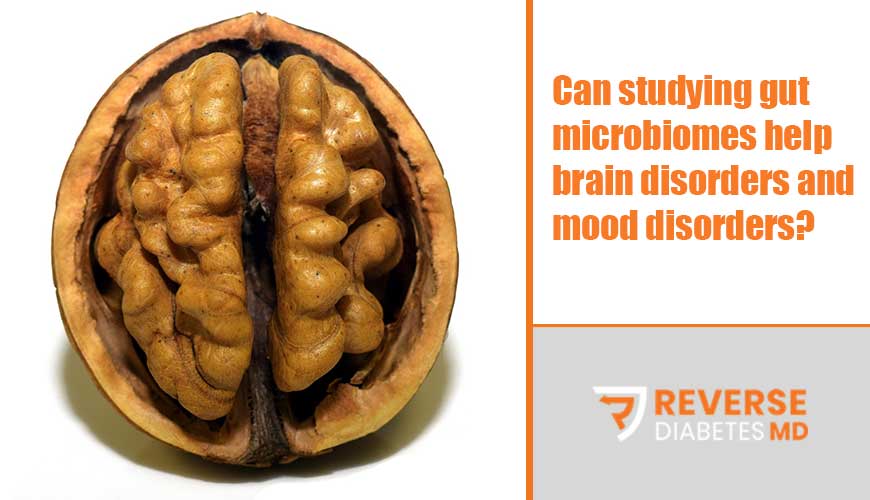Important Points:
- Brain
- Gut
- Fecal matter
- Microbes
Can studying gut microbiomes help brain disorders and mood disorders?
The relationship between the gut and the brain has now been scientifically proven to be a valid and working one. The Gut-Brain axis does exist, and it does affect our daily lives more than we know. In a controversial claim, the bacteria found in our guts may influence the way the brain works and therefore affect our moods.
The claim is based on a study in which a germ-free sterile mice, never exposed to bacteria, were found to be releasing twice the stress hormone when stimulated compared to normal mice. This inspired the theory that there is such a thing as psychobiotics or a group of microbes capable of exerting influence over the moods of people.
How is it possible that microorganisms from the gut can work its magic all the way to the brain? One theory suggests it does this through the stimulation of the Vagus nerve. The Vagus nerve acts as a sort of information superhighway between the brain and the gut. Another theory is related to how gut microbiomes breakdown food into chemicals that affect the whole body or even how tiny DNAs from the microorganism alter nerve function.
Scientists even discovered that transferring fecal matter between people not only rebalances gut microbiomes but also transfers behavior. In depressed patients who underwent a fecal transplant, their symptoms of anhedonia, or the lack of pleasure from things, virtually vanished after the procedure.
Another potential application of the study of gut microbiome is in the field of treating the brain disorder Parkinson’s disease. When fecal matter from Parkinson patients was placed inside the gut of mice, their brain symptoms became much worse.
With these pieces of evidence, researchers are hopeful that the future of medicine will rely heavily upon studies in the realm of gut-brain axis.






